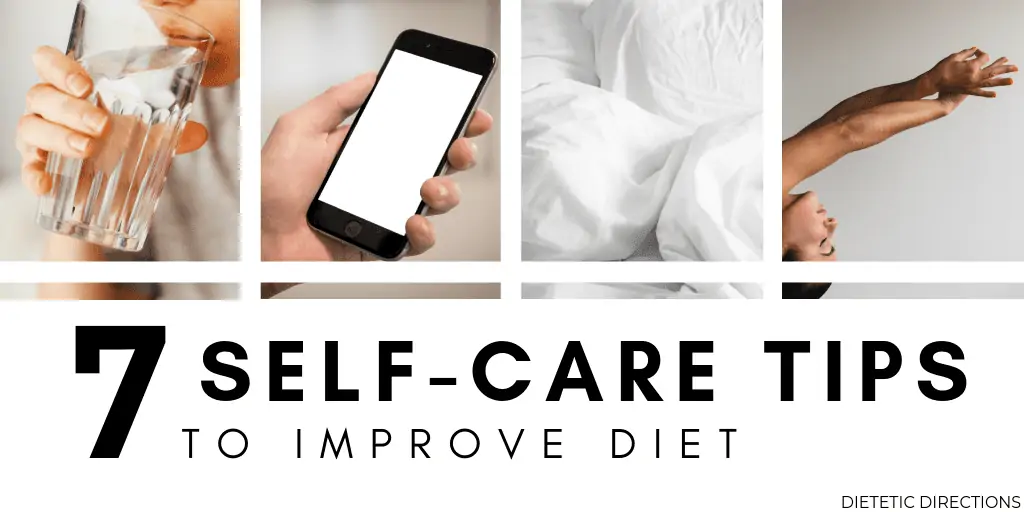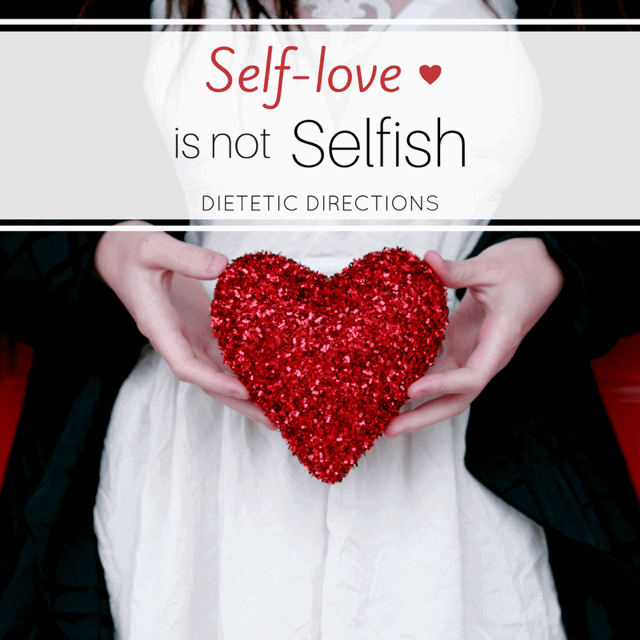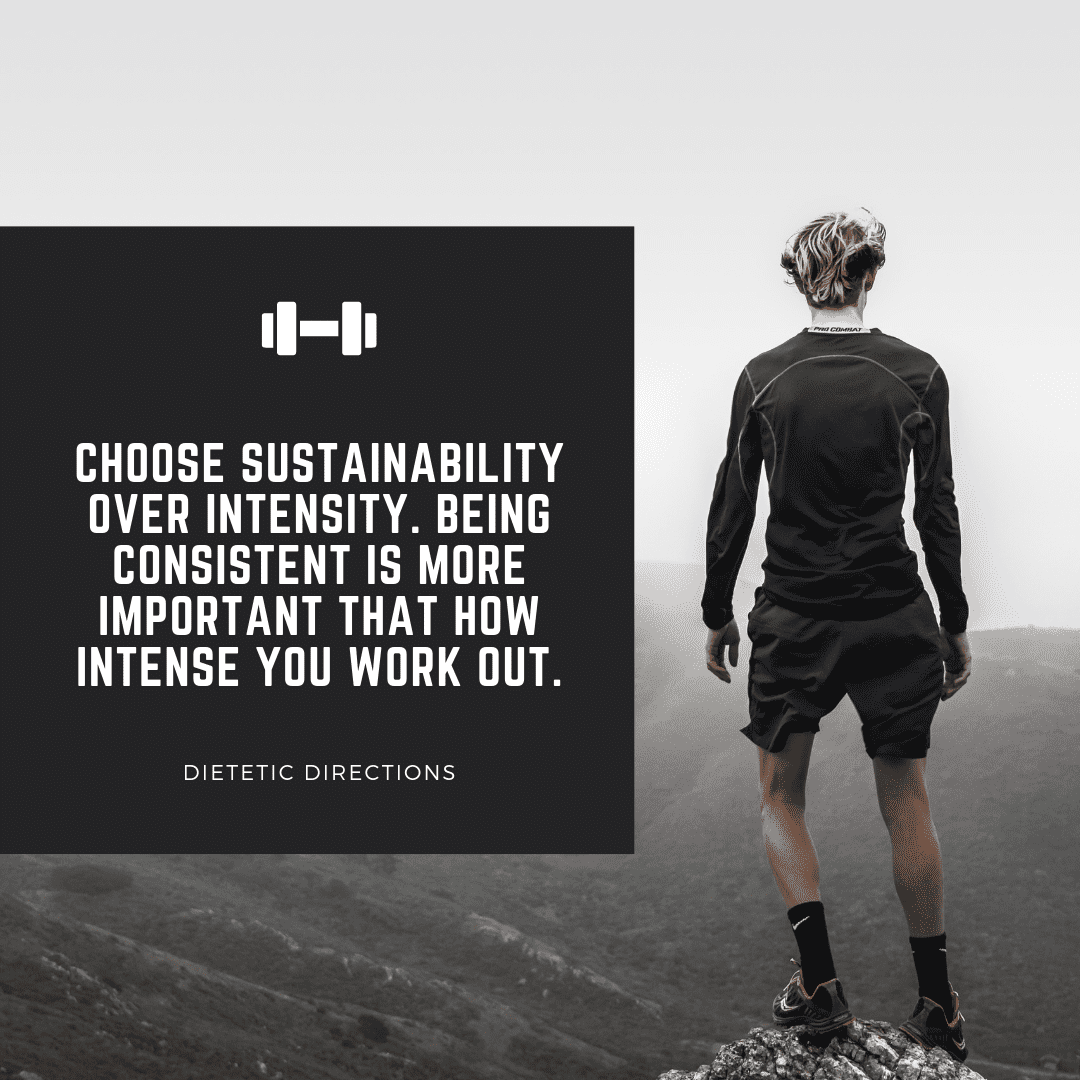
7 Self-Care Tips to Improve Diet
Did you know that better self-care can improve your diet? Absolutely. This connection, although obvious to some, is not apparent to many. Also, this is a timely topic since we as a society often run ourselves ragged trying to keep up. Thus compromising our self-care! We over-work, we carry more stress than healthy and we often don’t stop to think how self-care can transform our lives AND our diets/nutrition.

In honour of our upcoming Self-Care Sunday Retreat on June 2 (save your seat NOW), I will be sharing my top 7 Self-Care Tips. I will also highlight how prioritizing your needs can improve diet/nutrition!

First, before we dive in, let’s define self-care:
Self-Care: Prioritizing your mental, physical, emotional and perhaps spiritual needs to ensure your optimal well-being.

Top 7 Self-Care Tips
1. Get Plenty of Sleep
Are you catching enough Z’s? Ensuring you’re hitting your recommended 7 to 9 hours of sleep may feel like a fantasy or luxury, but it can have a significant impact on your well-being and your diet.

Without sufficient sleep our bodies tend to:
- Consume larger portions of all foods, often leading to weight gain.We also produce more hormones that stimulate appetite.
- Crave more energy-dense (high calorie), high-carbohydrate, even high-fat foods.
- Desire more late-night snacking.
- Lack impulse control to say “no.” This is because our brains make more impulsive decisions when low on sleep.
- Often resist weight loss since more stress hormone (cortisol) is produced. This is also why it’s hard to lose weight.
- Become more prone to fat storage when low on sleep. Consequently, the body is not as sensitive to hormone insulin which regulates blood sugar.

How Sleep Improves Diet:
- Sleep feeds the brain! Prioritizing sleep supports your physical health by giving your body a chance to refresh and slow down.
- Getting enough sleep impacts our hormones and brain signals. This impacts food choices because when tired, our brains make more impulsive choices and crave sugary foods.
- Sleep supports mental health by improving mood and decreasing irritability. Being better-rested helps us feel more energized to exercise which makes us feel good. Finally, feeling happier helps us eat healthier.

Sleep-Promoting Tips for Self-Care:
- Assess if you are getting enough sleep (be honest about it!)
- Go to bed earlier by 10 to 20 minutes.
- Create an evening routine that makes sleep relaxing and nurturing. Try reading a book, staying away from your smartphone and dimming the lights in a cool environment.
2. Positive Self-Talk!
How do you speak to yourself? Are you critical or supportive? Speaking to ourselves positively is characteristic of good self-care. Take a closer look at your feelings during stressful situations and notice the quality of your self-talk. As a result, you will see if you’re building yourself up or tearing yourself down.

Interestingly, the Laboratory of Neuroimaging at the University of Southern California, found that we have roughly 70,000 thoughts a day. Cultivating positive self-talk supports not only healthy self-esteem but also boosts happiness and can inspire us to eat well!
How Positive Self-Talk Improves Diet:
Positive self-talk decreases stress and burn-out. A positive outlook can lead to lower rates of depression and distress and better psychological and physical wellbeing. However, when we are critical, it leads to more negative feelings, which can lead to actions of defeat.
For example, many experience emotional eating after being accosted by their internalized negative self-talk. They may tell themselves they are a failure which leads to comfort food choices and eating compulsively. The book Women Food and God by Genene Roth is a wonderful read. She explores how to relate compassionately to ourselves during times of distress when desiring comfort in food.

- Talking nicely to ourselves boosts “self-compassion”. Being self-compassionate has been shown in one study to improve body dissatisfaction and motivate people to continue self-improvement efforts. Body acceptance and love is a movement taking over social media, which helps people’s healthy behaviours because they love their bodies (no matter the size or shape).
- On a physical level, positive self-talk reduces the type of stress-related inflammation linked to heart disease. Negative self-talk can also lead to depression and anxiety, which can impact food choices as well as the ability to sleep, exercise and connect with others.

Positive Self-Talk Promoting Action for Self-Care:
- State 3 things you love about yourself daily.
- Notice when you are stressed and speak to yourself as you would a close friend.
- Be compassionate with yourself even when critical as this can be a learned response from society and upbringing. Ask yourself, where does this critical voice come from? Seek a trained professional, like a psychotherapist, if you need professional support re-directing your internal critic.
3. Eat Well
Yes, eating well is a form of self-care! If we are too busy to think about (or plan) our food, it’s hard to care for ourselves by making good choices. Like I always say, healthy eating does not happen by accident. When we are not prioritizing our nutrition, we make choices out of default (it’s accessible) or convenience (take-out is easy).

To improve self-care, choose foods that nourish the body and help you feel good. Think of the foods you put on your plate (and into your body) as a reflection of how you feel about yourself. Do you feel you deserve wholesome, nutritious food? Of course you do.

Check out these related blogs for more tips – 3 Ways to Boost Mood with Food & 3 Simple Ways to Meal Prep!
Actions to Promote Eating Well:
- Prioritize three meals a day – breakfast, lunch and dinner. Avoid going more than 4 to 6 hours between meals, which can increase sugar cravings and lead to low energy. Click here for Mood-Boosting Foods.
- Pack a wholesome lunch and balanced snacks (click here to get my free snack guide!). Choose simple options like a piece of fruit and ¼ cup of nuts. (For inspiration, could see 15 Favourite Packaged Lunches blog or How to Snack Like a Dietitian).
- Choose colourful vibrant veggies. Antioxidant rich veggies are mood boosting and help you feel good. Additionally, spending time cooking or learning how to cook is a way to nourish your body. Go for simple options that are feasible with your schedule and learn how to boost veggies. Some of our clients use Meal Kits.

4. Get Active!
Being active often cascades to corresponding healthy habits. If you go to a yoga class, for example, you might feel more relaxed and rejuvenated and more likely to hydrate yourself and listen to your body when full. You might also experience a boost in endorphins and mood giving you energy to cook a meal.

We all know being active offers health benefits – specifically, decreased risk for diabetes, high blood pressure, osteoporosis, depression, stress and anxiety (Statistics Canada, 2015). However, only one in five (or 20%) of Canadians achieve the recommended 150 minutes (2.5 hours) of physical activity per week.

Actions to Promote Getting Active for Self-Care:
- Choose a form of movement that feels good for your body. For instance, this could mean going for a walk, doing stretches or pole dancing.
- Notice how you feel after your movement. Do you feel an increase in energy, boost in your mood? Noticing benefits experienced after movement helps to perpetuate this habit.
- Plan for sustainability over intensity. Being consistent in your movement is more important than how intense you work out. Start small and build on this. Also, congratulate yourself along the way!

5. Stay Hydrated
Our bodies are composed of 60% water. We need water for our cells and body to function optimally. Do you know that fatigue is an early sign of dehydration? Caring for yourself also means keeping yourself well hydrated during your day.

How Hydration Improves Diet?
- Keeping yourself hydrated keeps your body efficiently burning calories.
- Can reduce liquid calorie intake of pop, juice, alcohol.
- You can quench thirst first since you may be dehydrated or bored versus hungry. Water can also act as an appetite suppressant. For example, drinking a glass before eating a meal can possibly help with weight loss.
- Well hydrated people also have lower perceived fatigue and often their muscles feel less sore the next day after exercise. Water is also important for lubricating joints.
- Helps with waste removal. When you’re well hydrated, the water inside and outside the cells of contracting muscles provides adequate nutrients and removes waste efficiently so you perform better.
- More regular bowel movements and urine excrete toxins.
- Other research has suggested that staying hydrated keeps your memory sharp, your mood stable and your motivation intact. You can also think through a problem more easily.

Fun Fact:People do not necessarily require 8-13 cups of water per day. Hydration needs depend on activity level, dietary intake and even the outside temperature.
Hydration-Promoting Action for Self-Care:
If you have a desk job (or any job really), try putting a larger glass of water very close by – this could be by your computer or in a portable bottle. You’ll be surprised how often you will take a swig when it’s right in front of you! Try it out, bet you’ll be better hydrated.
6. Make Time for Fun
As adults, we forget to have fun! I am guilty of being far too serious. And for what? Life is short. Why not prioritize laughter? Will we ever look back on our life and wish we were more serious? If you are having fun, you are prioritizing YOUR inherent desire for joy. Who’s with me?

How Fun Improves Diet:
- If you feel happier you can make eating well fun instead of stressful.
- Can enjoy activities (physical activity or movement) that are enjoyable, which makes this more sustainable. Cascade of health and habit benefits.
- When having fun, we produce less stress hormone which boosts productivity to do things like meal plan, meal prep or simply to relax and unwind because you deserve it!

By having #fun, you are prioritizing your inherent desire for joy.
Fun-Promoting Action for Self-Care:
- Look at your day-to-day activities and see if you can increase the fun-factor. Maybe weekend breakfasts become a themed event.
- Bring a magazine to remind you to take time for a lunch to relax during a busy day at work.
- Dance in the morning to your favourite music. Why? Because prioritizing fun is prioritizing YOU.

7. Unplug
Stepping away from your cell phone can improve your self-care. Did you know that we spend an average of 3 hours daily on our smartphones? Yikes! Think of all the other things we could do with that time. Not that all cell and social media use is bad. However, the psychological impact on mental health is becoming more apparent. People can feel less happy, more depressed and more isolated when spending more time scrolling through perfect images and comparing themselves to unrealistic standards.

Did you know that we spend an average of 3 hours daily on our smartphones?
How unplugging can improve your diet:
- Gives you extra time to sit, relax, exercise, meal plan, or visit with friends/family. This could mean more family meals and more home cooking.
- Avoid comparing yourself to others (who may exercise daily or cook perfect meals). Instead, you may use ideas for inspiration but focus on starting where you are today.
- More time in the kitchen and less time on phones would allow people to make leftovers and have them for lunch. This could also save money and improve healthfulness of diet.

Unplugging Actions for Self-Care:
- Choose a time to power down at night and no longer check social media, e-mails or others websites. Instead, focus on being with yourself and be bored – it’s a good thing! We don’t often have the luxury of feeling bored when we are over-stressed and over-committed.
- Choose to live your life! What is happening in front of you is more important than what is happening on your phone. Savour and enjoy the moment you are in.
- Put your phone away from your bedside, group apps into folders so they are less convenient to open.

Bottom Line on Self-Care:
Self-Care is key to mental, physical and emotional wellness. Taking more time for yourself will pay off exponentially. When your metaphorical cup is full, only then can you fill up others. You cannot give what you don’t already have. Additionally, choosing to improve your self-care can improve nutrition. Above all, be sure to prioritize: getting plenty of sleep, practicing positive self-talk, eating well, getting active, staying hydrated, making time for fun and unplugging!

For more information on how to implement more self-care into your life come out to our Self-Care Sunday Retreat on June 2! Come out for restorative yoga, mindfulness meditation, learn how to expertly meal plan, enjoy a food demo lunch, mini massages, prizes and more! Click here to save your spot before they fill up! Click the blue “Sign Up Now!” to register.

Now it’s your turn! Do you practice self-care? What do you find most helpful for focusing on yourself despite competing demands? What are you inspired to incorporate into your routine to improve your health?



